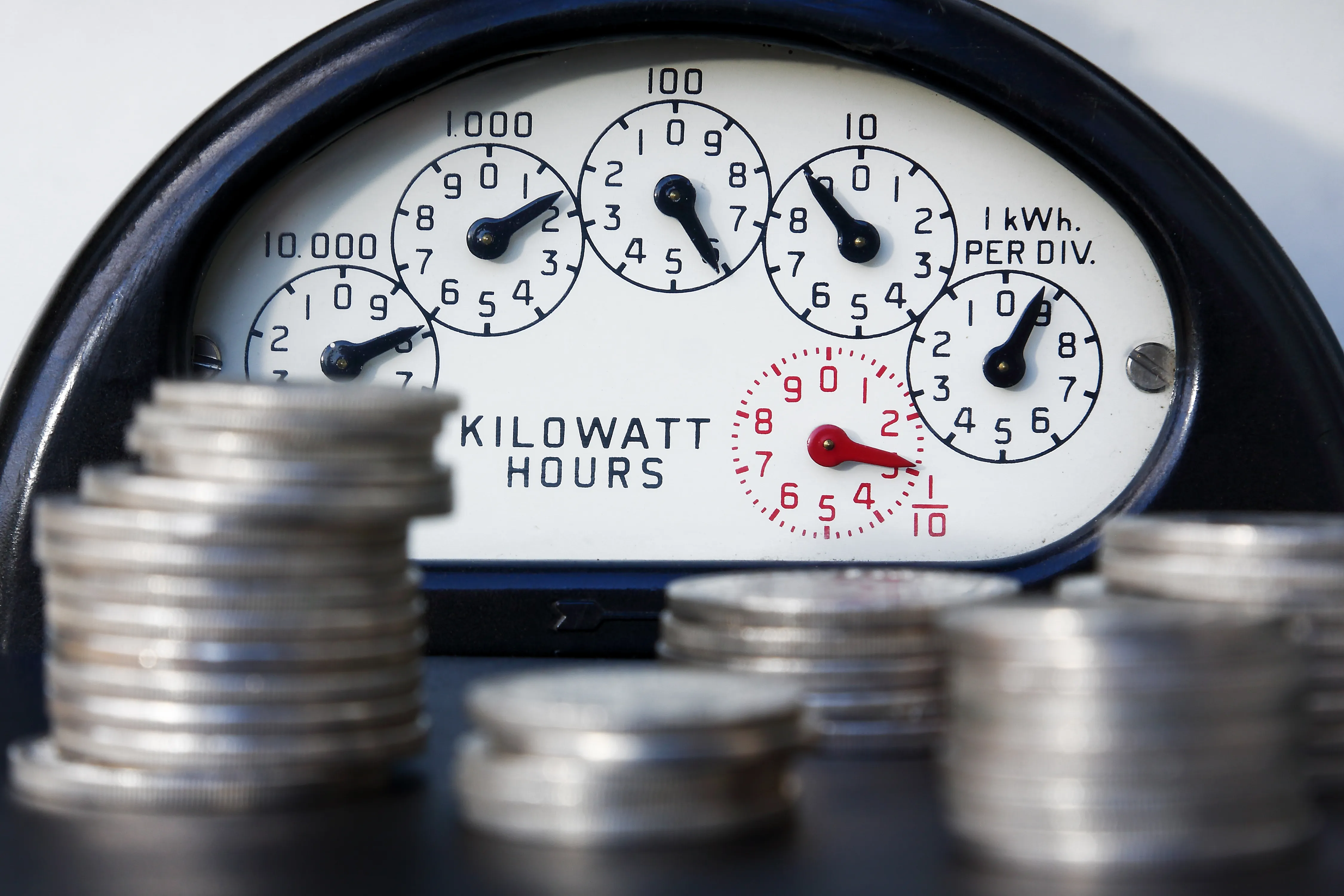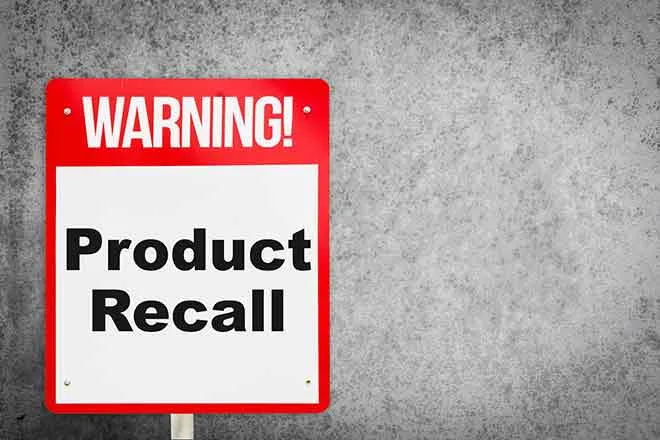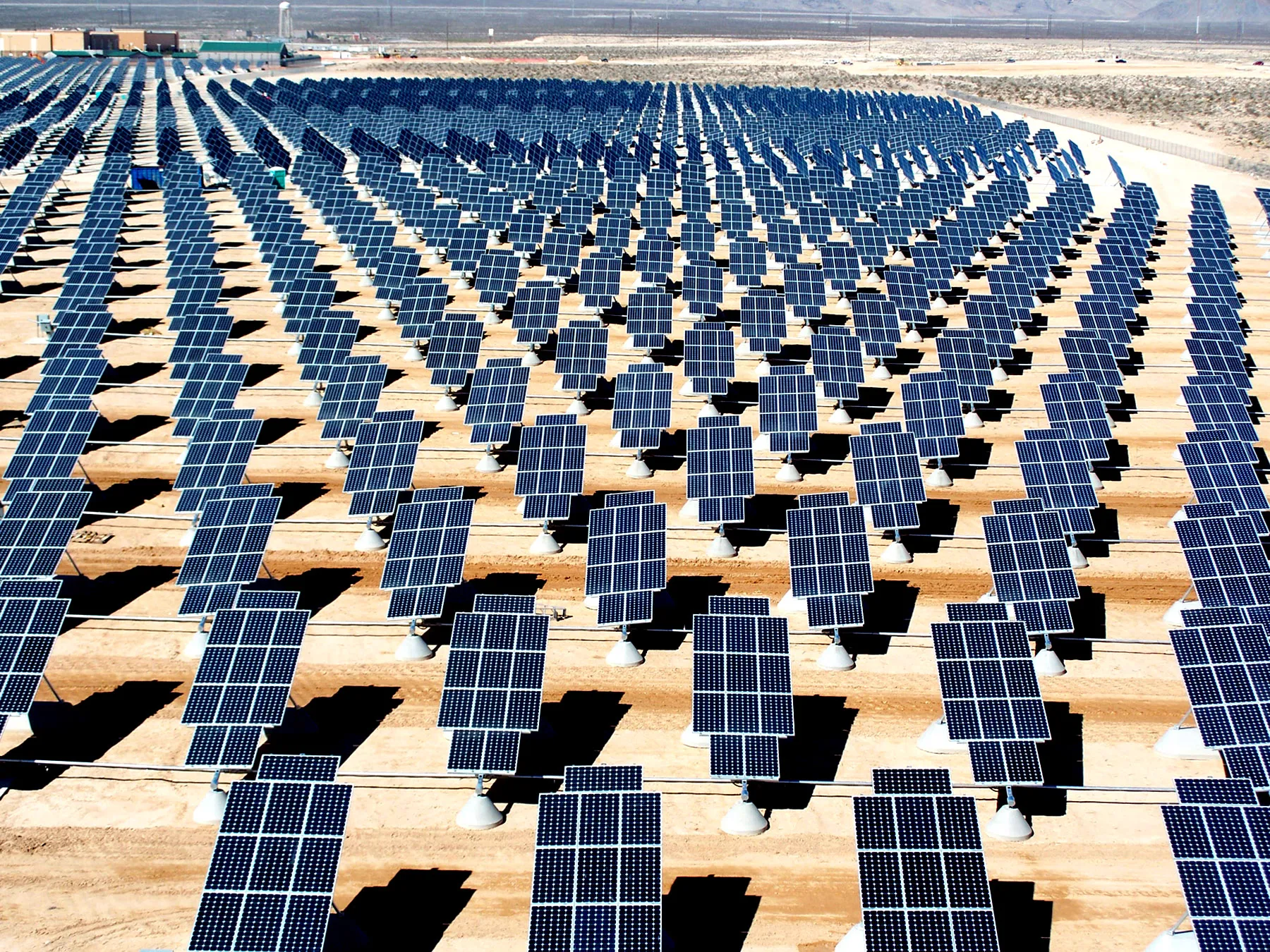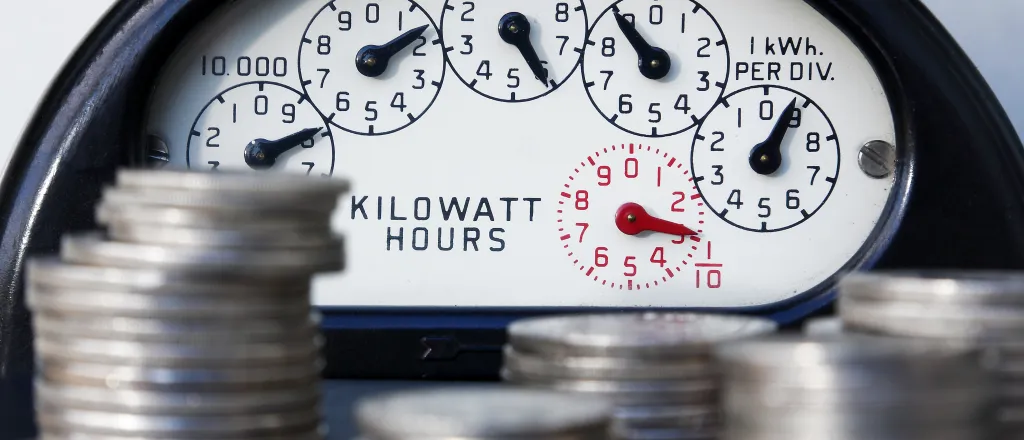
Feds face urgent calls to release aid for heating/cooling bills
Click play to listen to this article.
A bipartisan group of lawmakers in Congress is joining advocates for energy assistance across the country to warn a dangerous situation is brewing for low-income households.
Federal staffing cuts have stalled the distribution of key funding. The Trump administration's layoffs of 10,000 Health and Human Services workers include the entire office overseeing the Low Income Energy Assistance Program, which gives eligible households a break on their monthly bills to avoid utility shutoffs.
Mark Wolfe, executive director of the National Energy Assistance Directors Association, which works with states on the issue, said the layoffs have blocked the latest round of aid from getting to them.
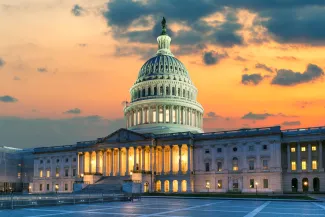
"Many states have told us that they've either run out of money or they're very close to it," Wolfe reported. "They need these additional funds to help families pay off the remaining winter heating bills or get ready for summer cooling programs, or both."
Minnesota is among the states to report an imminent "zero balance" if action is not taken soon. It has been more than two weeks since the layoffs were announced and Wolfe noted there is no word on funding status. Congress had authorized $378 million to round out the current cycle.
Thirteen U.S. senators have signed a letter asking the administration to get LIHEAP staff back in place and the money moving again.
Wolfe stressed keeping energy bills current is about more than staying cool when the temperature spikes. He noted utility shutoffs can produce dire consequences for some households.
"The loss of access to refrigeration, for example, you can't keep your food safe, or some medications need to be refrigerated," Wolfe outlined.
There was added pressure this past winter on some state programs where there were much colder temperatures. Each year, LIHEAP helps more than 6 million low-income households and seniors on fixed incomes across the country cover their energy bills.


